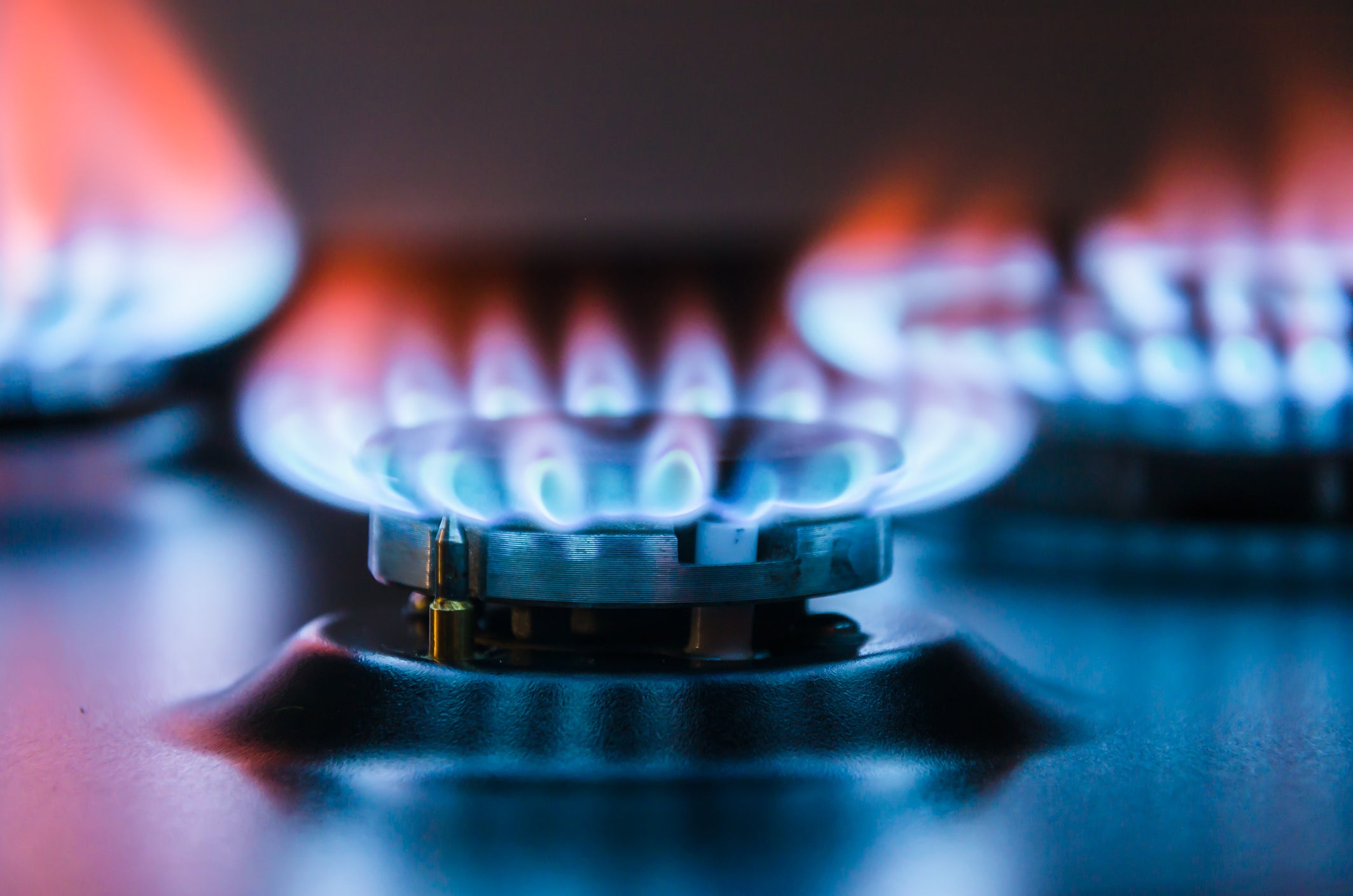Government considers temporary nationalisation of energy companies to stop collapse
‘Special administrator’ could be appointed as gas prices and energy cap put companies at risk

The government is considering temporarily nationalising failing energy companies to stop them collapsing from surging gas prices, ministers have indicated.
Business Secretary Kwasi Kwarteng is holding crisis talks with firms following a meeting with regulator Ofgem on Sunday. Mr Kwarteng said "well-rehearsed plans" were in place to ensure consumers were not cut off.
And he indicated that he would be prepared to appoint a "special administrator" that would see the firms taken under the government's wing – effectively nationalising them on a temporary basis.
The business secretary said consumers would be protected from sudden price hikes through the Government's energy price cap.
But the cap puts pressure on consumers who are unable to pass on costs when wholesale costs rise, with four small energy companies having already folded and fears more could follow.
Regulator Ofgem has said it will ensure people on failed suppliers will be picked up by another company.
Speaking on a diplomatic visit to New York Boris Johnson sought to reassure consumers the price increases were only "temporary" as the world economy picked up after the Covid pandemic.
"It's like everybody going back to put the kettle on at the end of a TV programme, you're seeing huge stresses on the world supply systems," he told reporters travelling with him to the United Nations General Assembly in New York.
But prices have surged higher in Britain than elsewhere in Europe and critics say Mr Johnson's decision to leave the EU's single market for energy is to blame for the crisis. Mr Johnson argued that leaving the single market would give Britain more independence.
Elsewhere the i newspaper reports that energy firms are lobbying to end the government's energy price cap policy, and the Financial Times says the industry is pushing for the creation of a so-called "bad bank" to absorb unprofitable customers from firms that fail.
OGUK, representing the offshore oil and gas industry, reported wholesale prices for gas have surged 250 per cent since January - with a 70 per cent rise since August alone.
Following a weekend locked in emergency talks, minister Mr Kwarteng acknowledged it was a "worrying time" for customers.
"Our priority is to protect consumers. If a supplier of last resort is not possible, a special administrator would be appointed by Ofgem and the Government," he said.
"The objective is to continue supply to customers until the company can be rescued or customers moved to new suppliers."
At the same time ministers are grappling with warnings of potential shortages on the shelves as the knock-on effect of the gas price rise ripples through the economy.
Producers have warned that supplies of meat, poultry and fizzy drinks could all be hit due to a shortage of carbon dioxide (CO2).
Mr Johnson, however, insisted that he remained confident energy supplies would be maintained.
"I have no doubt that supply issues will be readily addressed. We're very confident in our supply chains," he said.
"But in the meantime, we will make sure we work with all the gas companies to do whatever we can to keep people's supplies coming, to make sure they don't go out for business, and to make sure we get through the current difficult period."
Conservative peer Lord Barwell, who was previously Theresa May's chief of staff, on Sunday night warned that the current situation could "become a crisis".
"It definitely has the potential to become a crisis," he told BBC Radio 4's The Westminster Hour.
"I think that the first concern of government will be about ensuring security of supply, making sure that we're all still getting the gas that we need, both domestic and businesses.
"But the second concern will be about prices that consumers are being asked to pay ... More generally, (the Government) will also be worried about the cost of living.
"We've got the tax increases that they've just brought in, we've got the universal credit reduction, that's about to come online, plus rising energy bills, I think there is a real political danger here of cost of living issues becoming a real difficulty for the Government."
Labour’s shadow energy secretary Ed Miliband last week said energy companies should be taken into common ownership.
Subscribe to Independent Premium to bookmark this article
Want to bookmark your favourite articles and stories to read or reference later? Start your Independent Premium subscription today.

Join our commenting forum
Join thought-provoking conversations, follow other Independent readers and see their replies